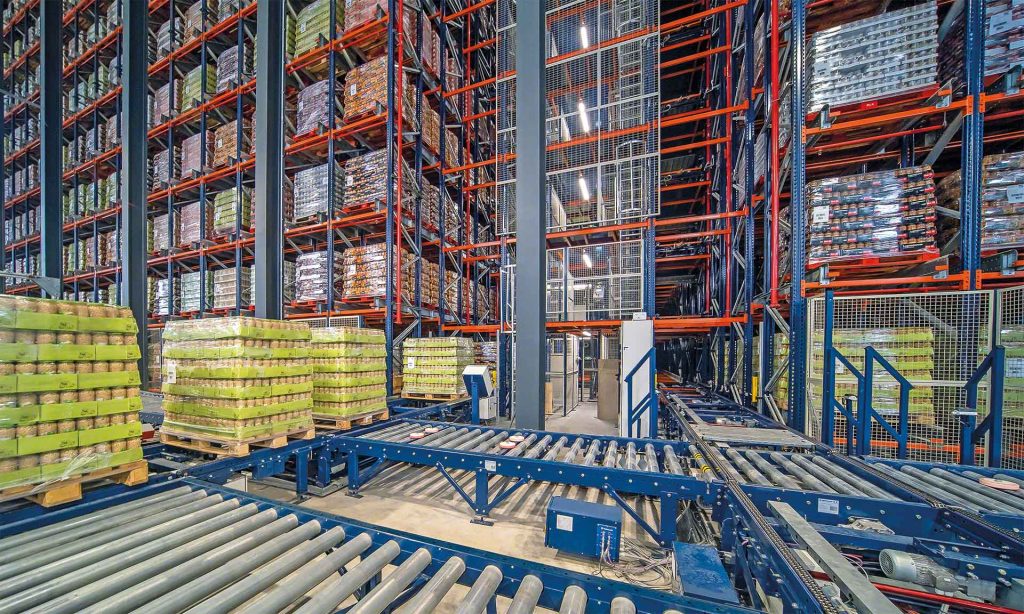In the fast-paced world of global commerce, efficiency and accuracy are key drivers of supply chain success. Automated warehouse systems have emerged as powerful tools that streamline operations, enhance productivity, and ensure seamless inventory management. By integrating intelligent automation, companies can strengthen their supply chain performance and achieve greater reliability, speed, and flexibility across every stage of operation.
The Evolution of Modern Warehouse Automation
Automation in warehousing has transformed traditional storage and handling methods into advanced, technology-driven ecosystems. These systems combine robotics, sensors, and data analytics to ensure optimal flow and control of goods throughout the facility.
- Smart Robotics: Handle sorting, packing, and retrieval with speed and precision.
- Data-Driven Management: Monitors inventory in real time for improved decision-making.
- Seamless Connectivity: Integrates with supply chain software for continuous data synchronization.
This evolution has led to smarter, safer, and more productive warehouse automation environments that support the ever-growing demands of modern logistics.

Enhancing Efficiency and Accuracy in Operations
Automated warehouse systems significantly reduce manual intervention, improving overall accuracy and speed. They help minimize human errors while increasing operational consistency, ensuring the right product reaches the right place at the right time.
- Optimized Inventory Control: Reduces stock discrepancies and improves order fulfillment accuracy.
- Increased Throughput: Accelerates material movement, cutting down processing times.
- Streamlined Workflows: Simplifies complex operations through intelligent automation.
- Reduced Downtime: Predictive maintenance ensures smooth, continuous performance.
These systems enable organizations to respond swiftly to market changes and maintain dependable delivery standards.
Building Reliability and Scalability in the Supply Chain
Reliability and scalability are critical to modern supply chain operations. Automated warehouse systems offer both ensuring stable performance today while being flexible enough to grow with future demands.
- Consistent Performance: Maintains productivity regardless of workload fluctuations.
- Scalable Design: Easily expands capacity without disrupting existing processes.
- High Uptime Reliability: Robust systems minimize breakdowns and delays.
- Improved Resource Utilization: Balances manpower and automation for optimal efficiency.
By strengthening reliability and scalability, these systems create resilient supply chains that can adapt to changing business needs.
Driving Sustainability and Smart Innovation
Modern warehouse automation focuses not just on efficiency but also on sustainability. The integration of energy-efficient machinery, intelligent routing, and space optimization supports eco-friendly logistics operations.
- Energy-Efficient Equipment: Reduces power consumption through advanced motion control.
- Optimized Storage Solutions: Maximizes space utilization, minimizing the need for expansion.
- Smart Analytics: Provides insights for waste reduction and sustainable planning.
- Eco-Friendly Operations: Encourages responsible resource management and cleaner processes.
These innovations promote long-term sustainability while maintaining high productivity levels.
Conclusion: Empowering the Future of Supply Chain Management
Reliable automated warehouse system are revolutionizing the way supply chains operate. They deliver precision, speed, and resilience qualities essential for thriving in today’s competitive market. By embracing automation, organizations can strengthen their supply chain foundations, boost customer satisfaction, and ensure operational excellence. The future of logistics is smart, connected, and efficient and warehouse automation stands at its core, driving success with innovation and reliability.